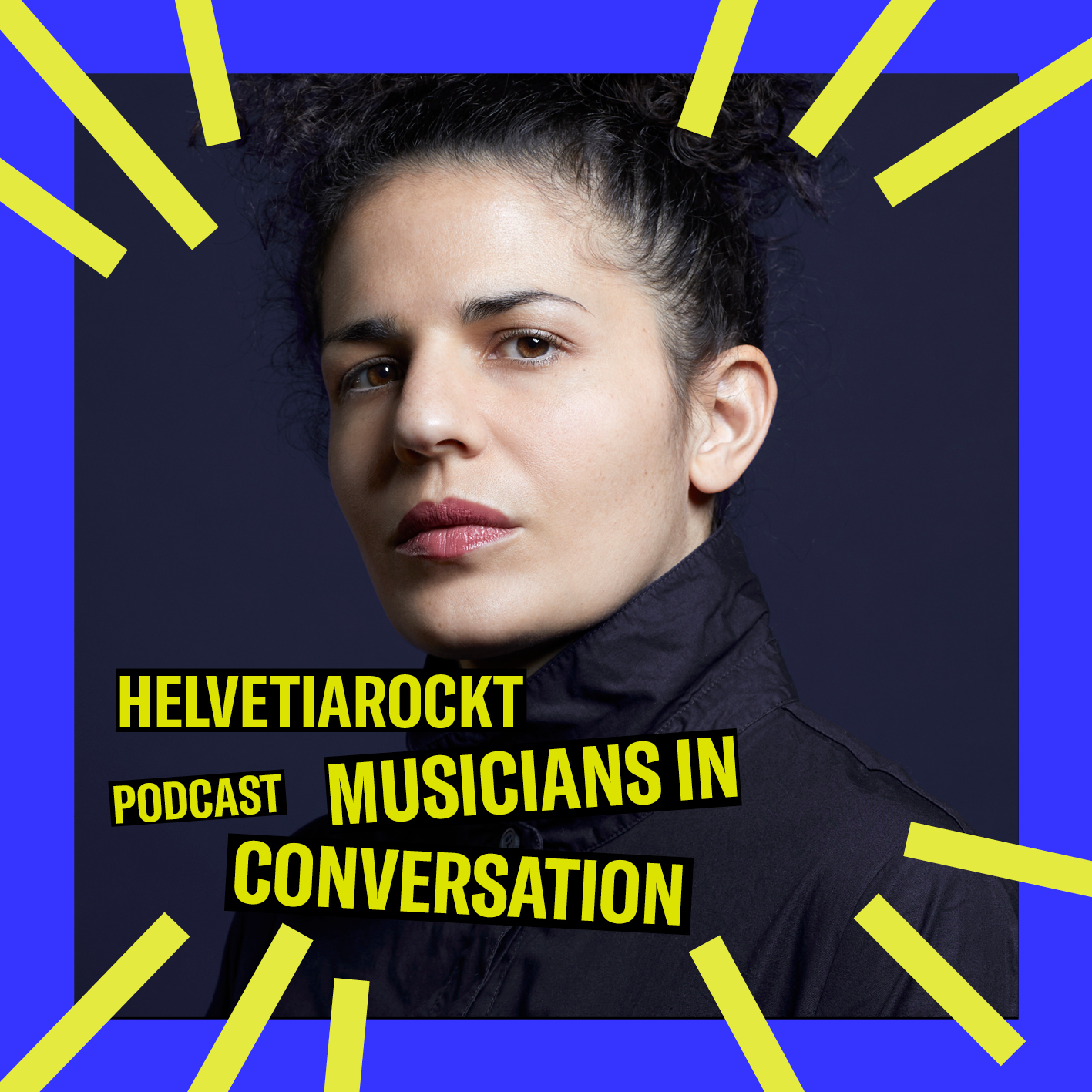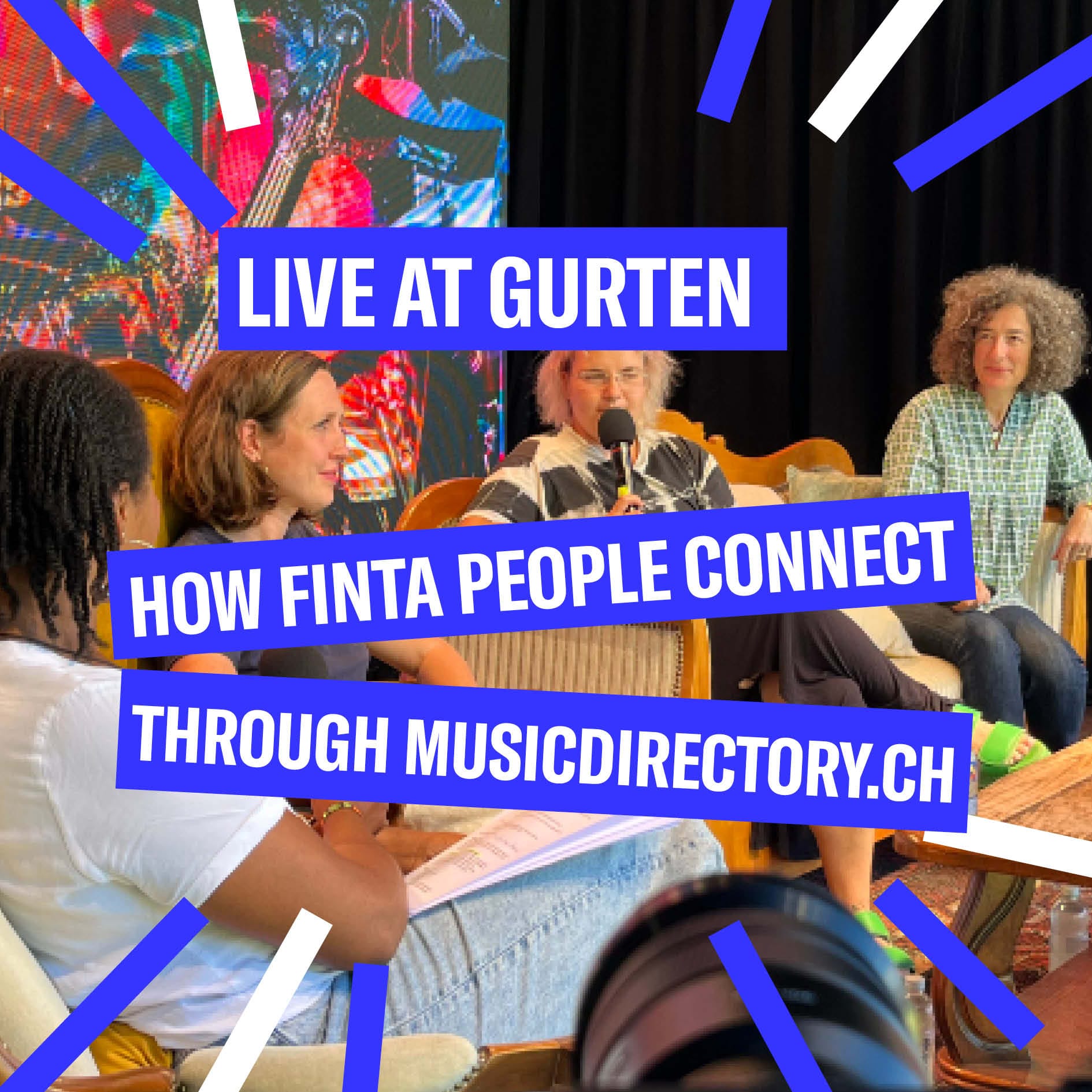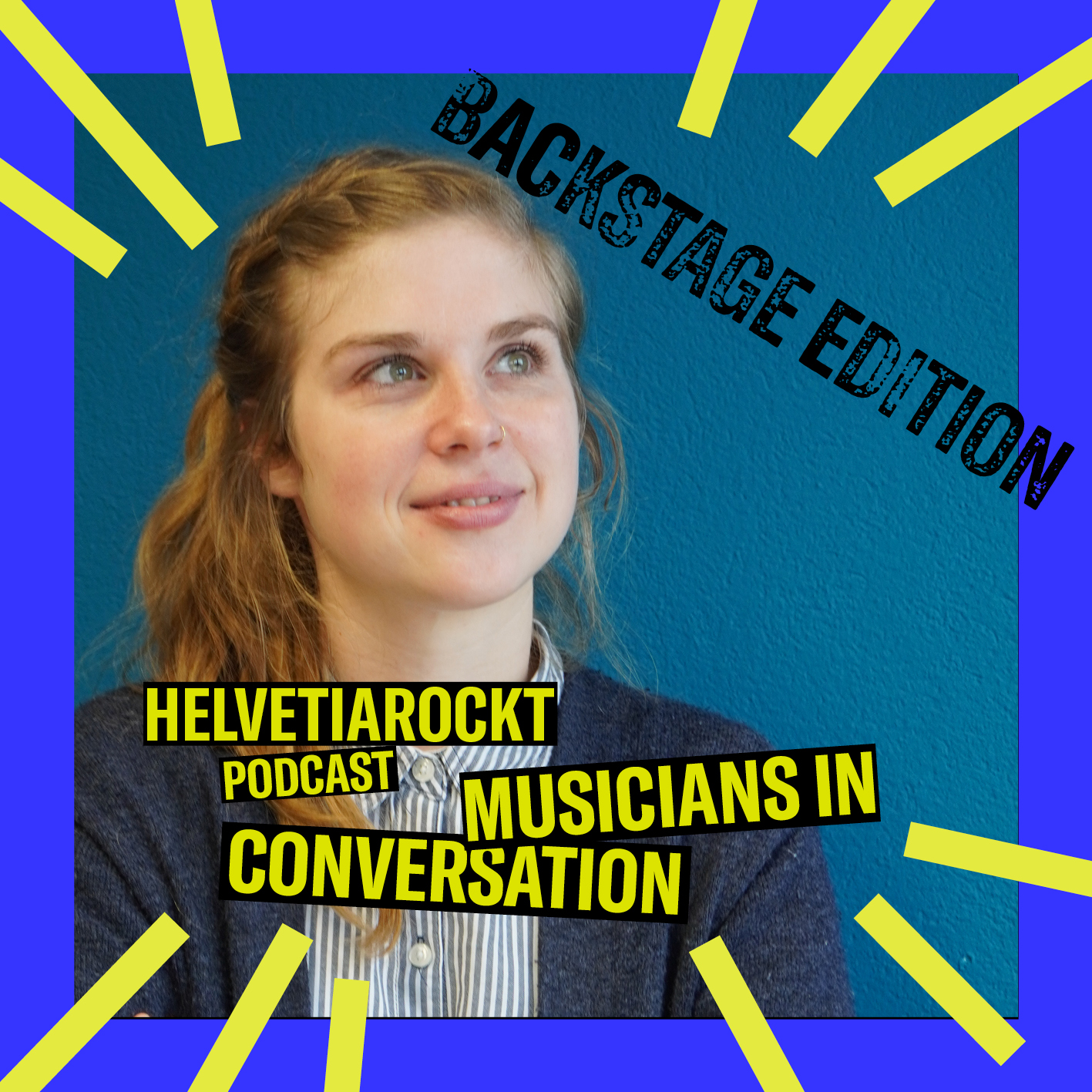In this episode Natalia speaks with Aline Bianchi who is the founder and Product Manager of Norma Music! We talk about royalties, copyright, licensing and synchronisation and Aline also gives advice to artists planning a release. We talk about setting up her company Norma Music and discuss some of the unique challenges of working in the Swiss Music Industry.
Aline is one of the two Co-founders of Norma Music, an artist and label services company based in Ticino serving and collaborating with independent musicians within Switzerland.
Her music experience lies within marketing, manufacturing, distribution and royalties. Prior to that she studied hospitality management in Lausanne. She has always worked in the indie world, starting with leading indie distributor PIAS in London in 2014 where she gained insights into the “scary” world of copyright by reporting Continental Europe royalties for PIAS’s distributed labels such as Ninja Tune, City Slang, Full Time Hoppy and Sub Pop.
In 2016 she left PIAS and moved to a much less analytical role: Marketing for indie Label Distiller. There she ran all campaigns alongside the department’s head and personally managed the production process of physical releases, took care of digital & d2c distribution, coordinated the creation of marketing and creative assets for campaigns with collaboration of external creatives, UK radio and the in-house press team.
She strongly believes in originality, creativity and risk-taking. For me, the best part about working with independent artists is being able to create something personal and unique to them, while being able to make decisions together. Technology and the evolution of the music business model today allows for artists to be more in control and build trusted teams around them that can help them grow and connect with the industry without giving away any rights.
She relocated back from the UK and founded Norma Music in 2021 together with her partner. It has been operating officially since early 2022.
If you have a question for the musicians in conversation, simply send a DM to Helvetiarockt on insta!

In this episode Natalia talks to Jasmin Albash, who is a singer, songwriter and vocal coach. She is also the Helvetiarockt Regional Manager for...

In this episode, award-winning host Natalia Anderson speaks with household names such as Laura Schuler (aka Kate Birch), Rebecca Solari (aka Fulmine & singer...

In this episode Natalia talks with Jennifer Jans who is an Arts Manager, Promoter and Musician. We discuss the difference between programming and booking,...